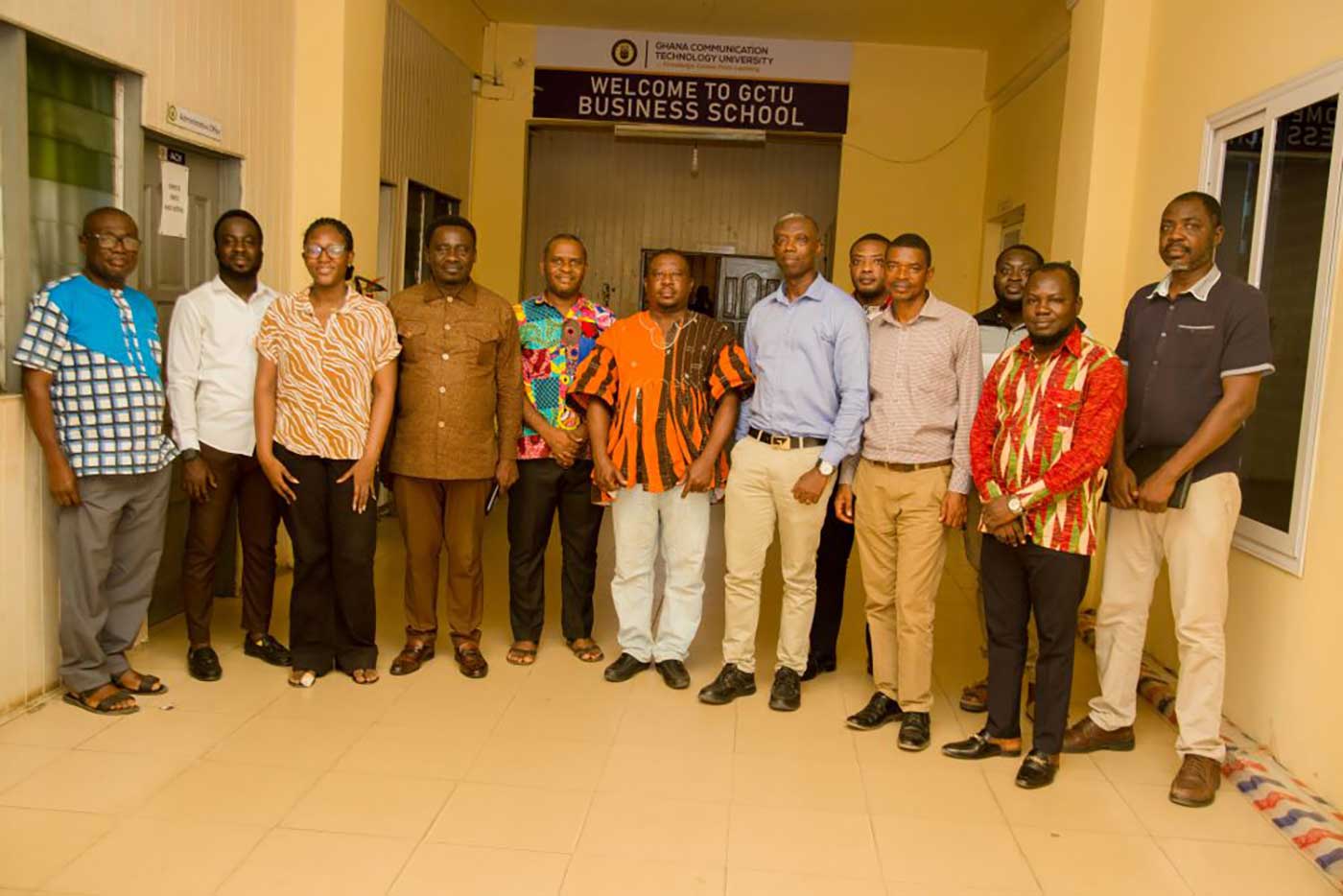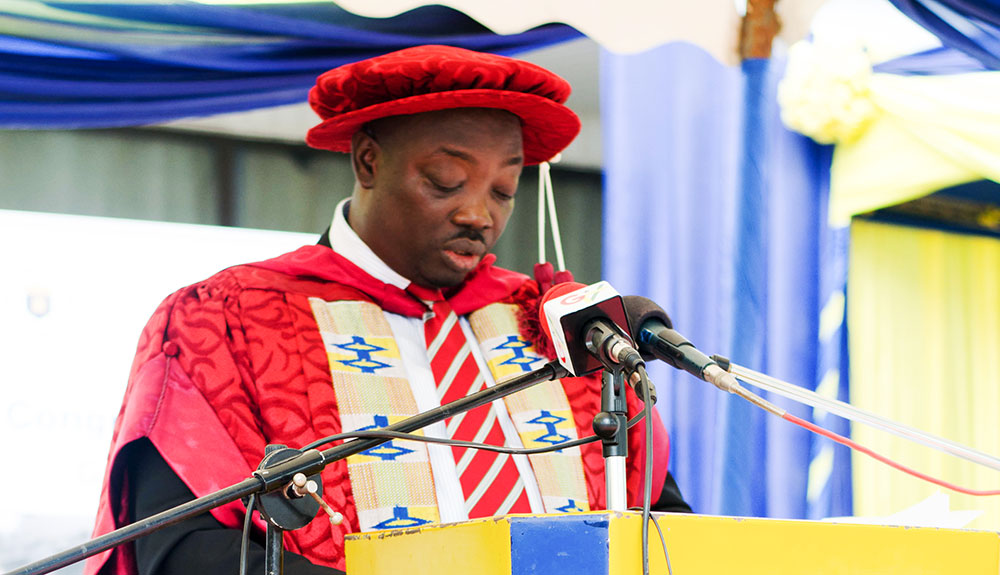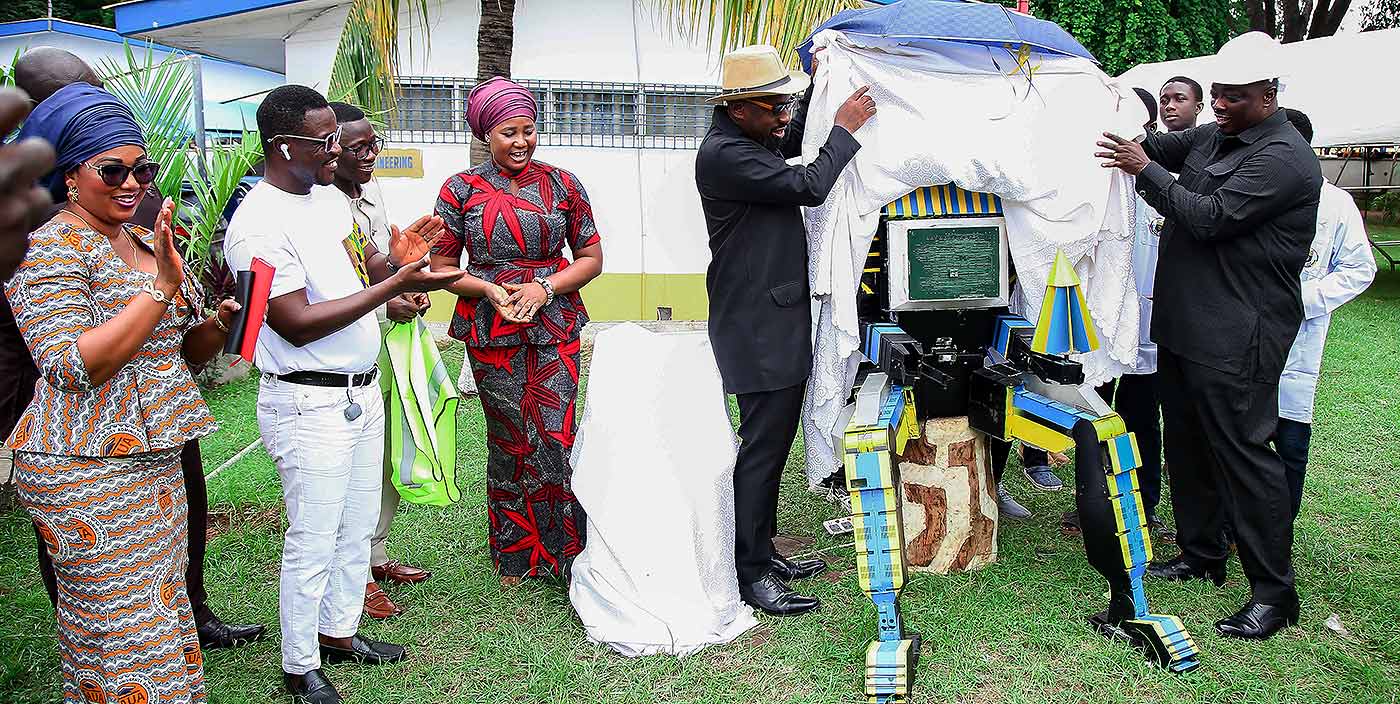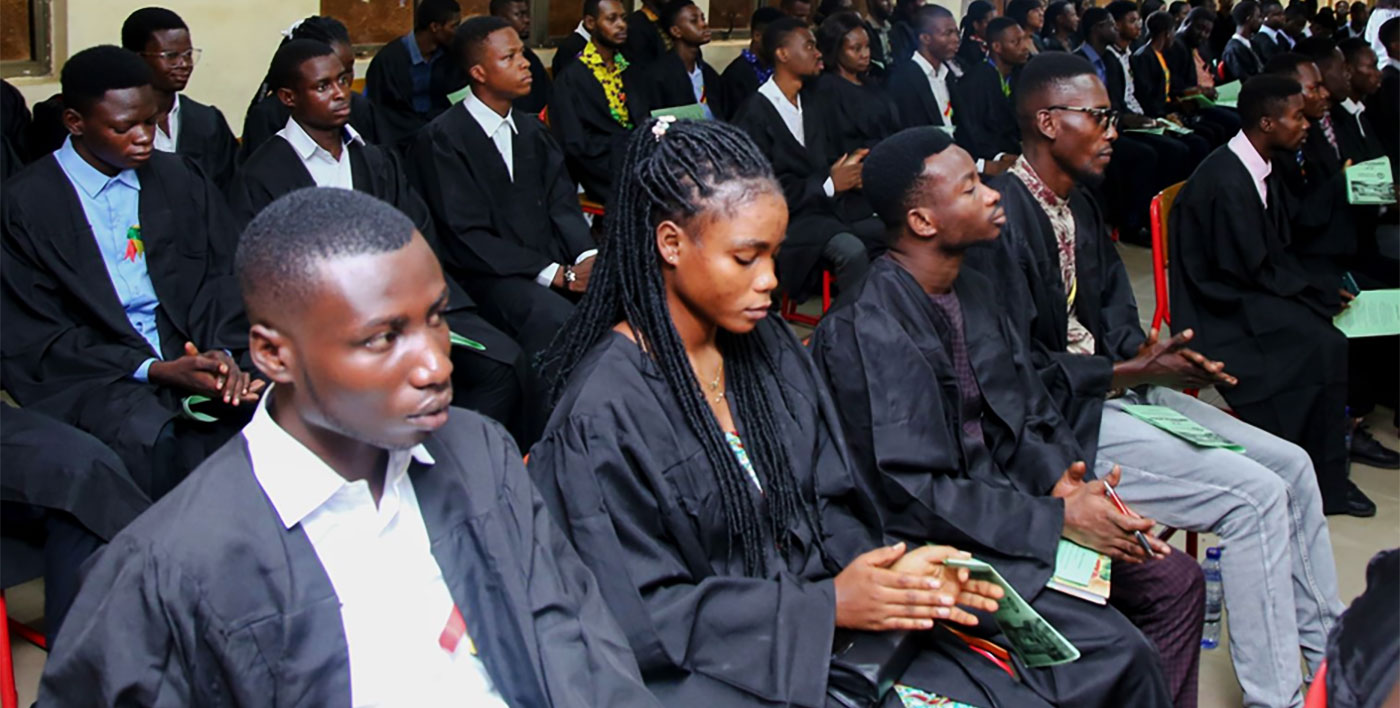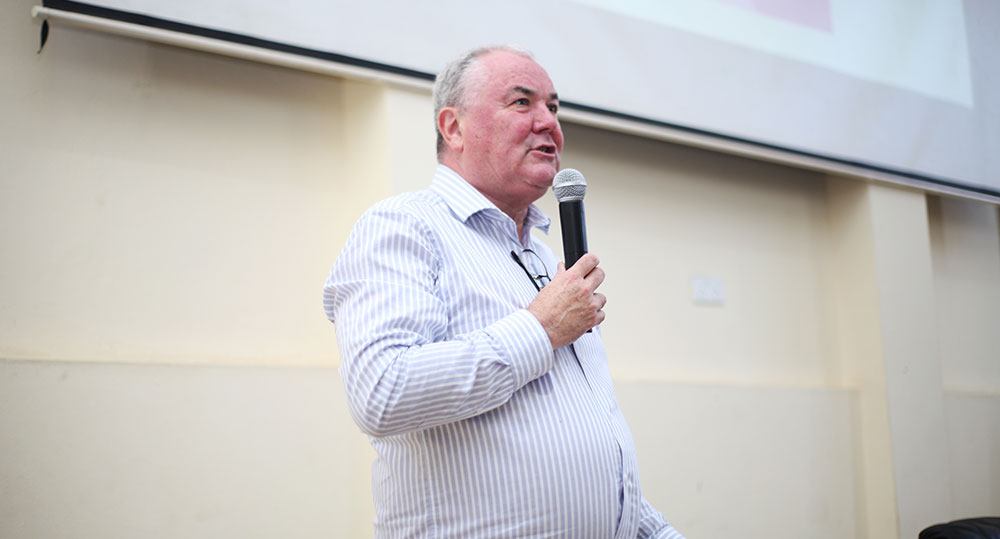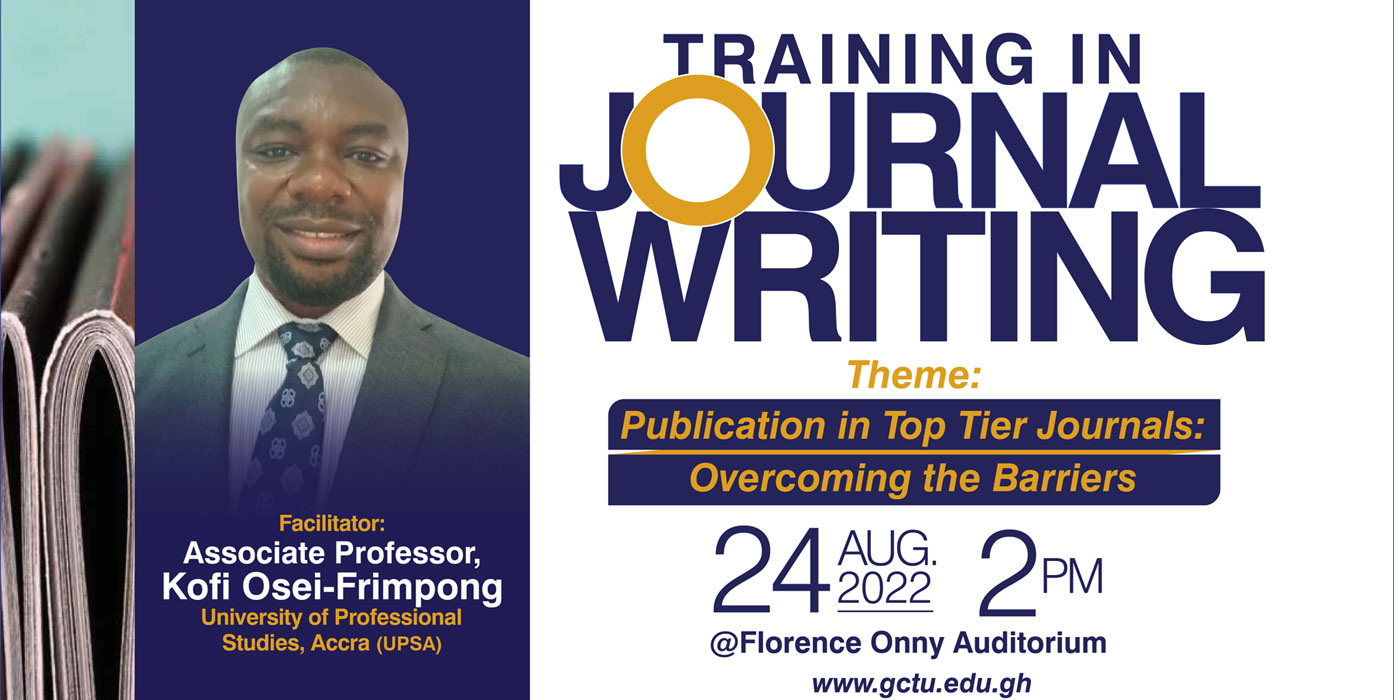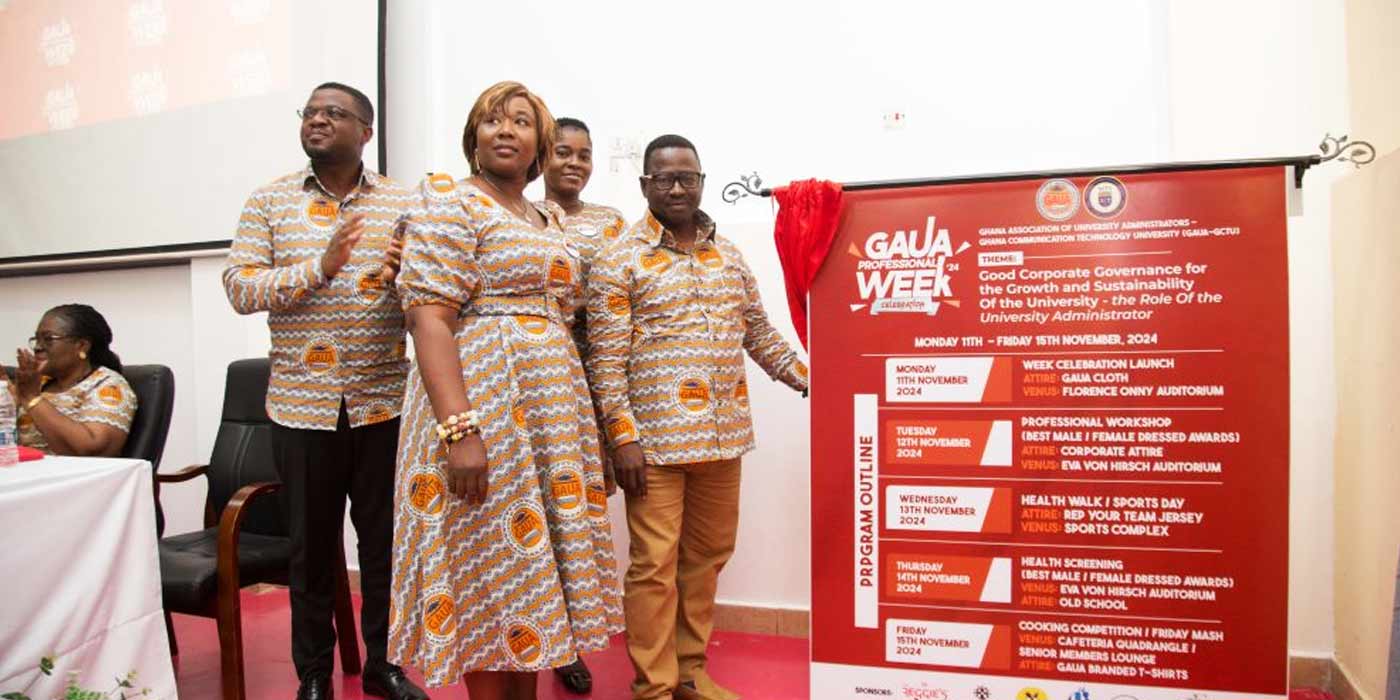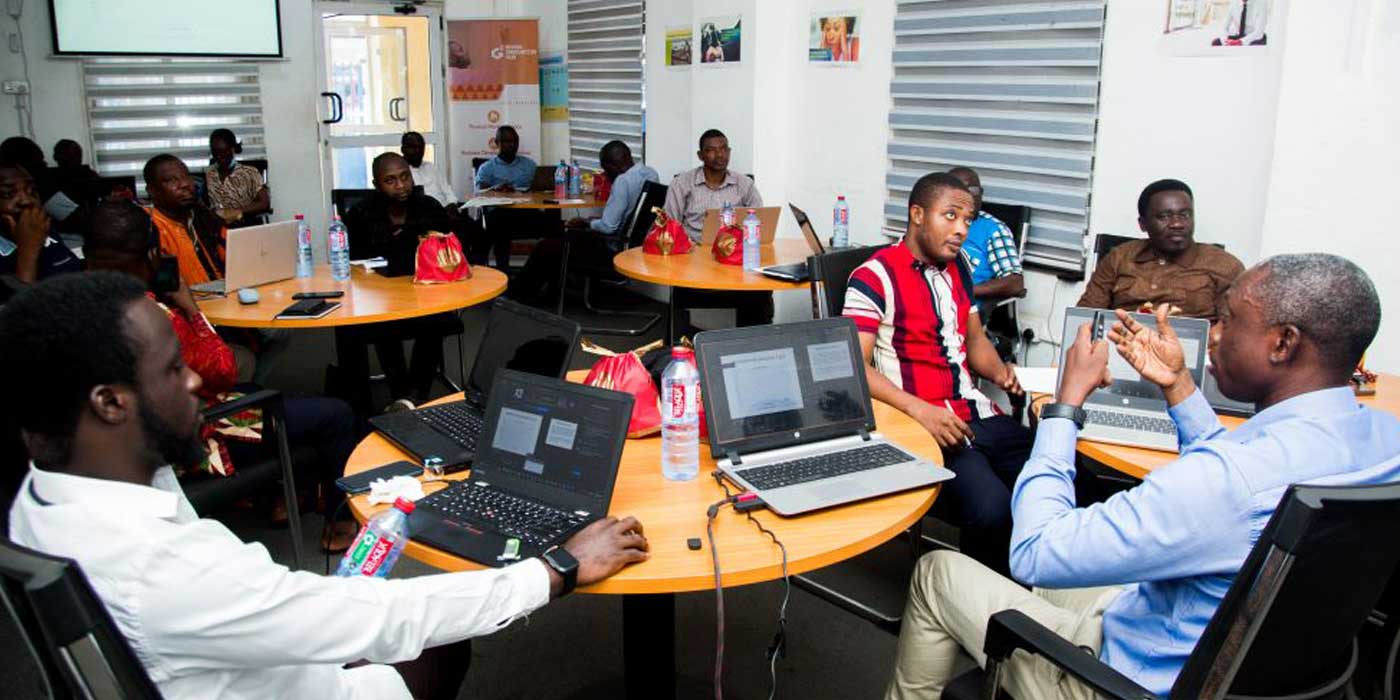
The Department of Procurement, Logistics and Supply Chain Management at the Business School has hosted a one-day training workshop to boost research proficiency among Faculty members and students on Tuesday, December 3, 20224 at the Entrepreneurial Centre, Abeka campus.
The training workshop aimed at equipping Faculty members with advanced research skills, producing high-quality publications in top-tier, peer-reviewed journals and nurturing students/upcoming researchers for future excellence.

Giving his presentation, the Dean of Graduate School at the Accra Technical University, Prof. Frank Opuni Frimpong and Facilitator, emphasized that to overcome the limitations of first-generation methods, researchers have increasingly been turning to second-generation techniques.
According to him, these methods, are referred to as structural equation modeling (SEM), stressing that they enable researchers to simultaneously model and estimate complex relationships among multiple dependent and independent variables. He added that SEM is a set of statistical techniques used to measure and analyze relationships of observed and latent variables, including, measurement theory (education/psychology), path analysis (epidemiology and biology), simultaneous equation (econometrics) and factor analysis (statistics/psychology). He further highlighted the two dominant SEM methods used in practice, namely, covariance-based and partial least squares.
Prof. Opuni Frimpong shed light on the “Mediation/Indirect Path Analysis, stating it occurs when a construct, referred to as the mediator construct, intervenes between two related constructs. “A change in the exogenous construct causes a change in the mediator construct, which, in turn, results in the endogenous construct in the PLS path model,” he emphasized. He touched on Necessary Condition Analysis (NCA), noting that it is a relatively new methodology that allows researchers to identify necessary conditions in a database. “The primary objective of NCA is to determine if a specific condition is necessary for an outcome to occur,” he said.
Prof. Opuni Frimpong further indicated that the integration of Partial Least Squares Structural Equation Modeling (PLS-SEM) and Necessary Condition Analysis (NCA) enables comprehensive insights into complex relationships. PLS-SEM primarily identifies sufficient factors driving outcomes through direct path results. He noted that NCA assesses indispensable conditions for specific outcomes.
Combining both approaches ensures the identification of necessary predictors (indispensable conditions for outcomes), sufficient predictors (factors driving outcomes), enhanced understanding of complex relationships, improved predictive accuracy and robust decision-making.
During a practical demonstration, Prof. Opuni Frimpong guided participants through the step-by-step process of the two models in SEM analysis, (the measurement model (outer model) and the structural model (inner model), using smart PLS.
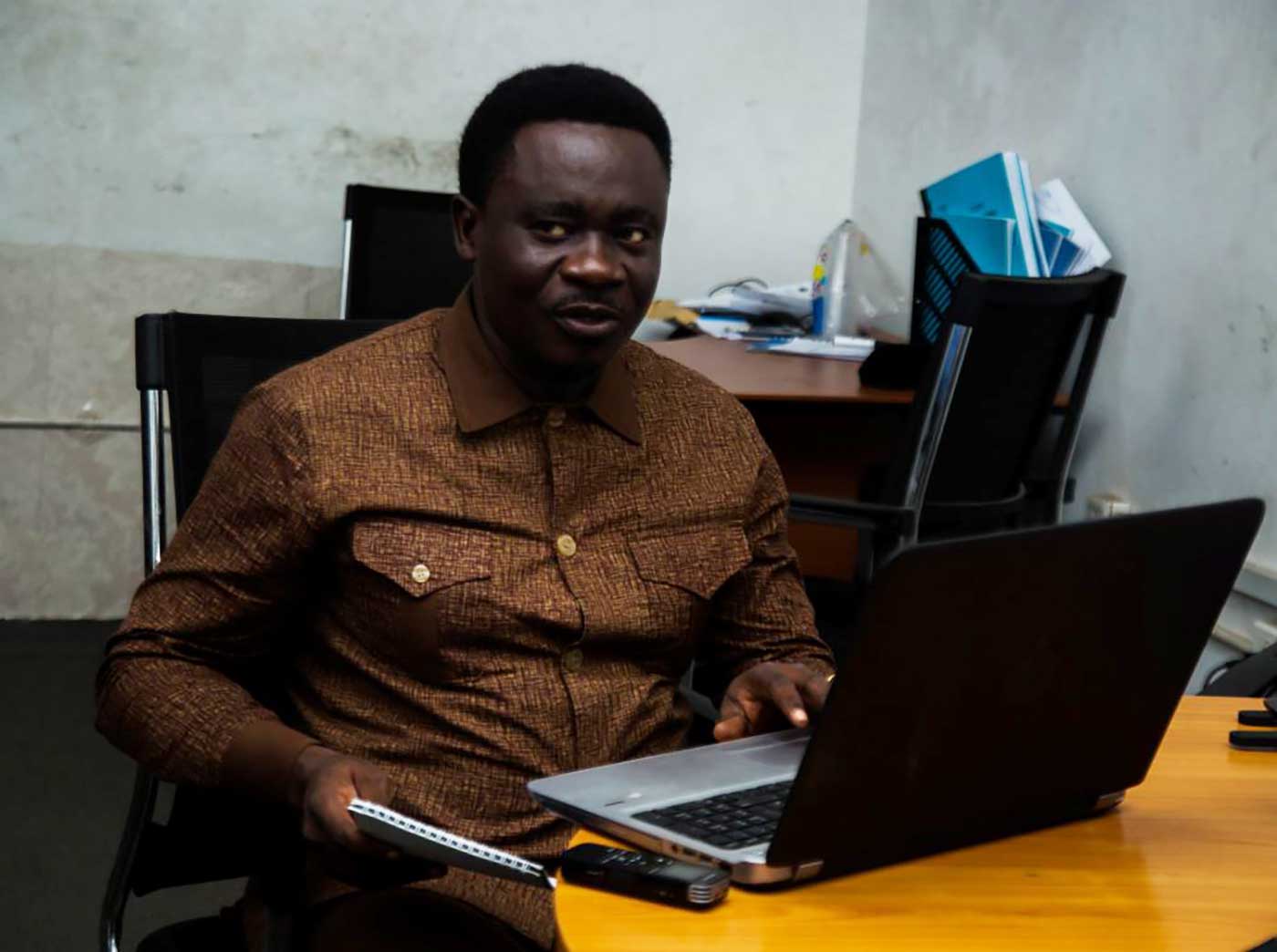
Earlier, the Head of Department for Procurement, Logistics and Supply Chain Management and Coordinator, Rev. Dr. Richard Amponsah warmly welcomed the participants to the workshop. He highlighted that participants will gain practical expertise in Smart PLS with hands-on expertise, developed research publication skills and cross-disciplinary connections, ultimately enhancing capacity for high-impact research and academic excellence.
In his closing remarks, he expressed his heartfelt gratitude to the facilitator and the participant for a successful workshop.
The training workshop provided a unique blended learning experience, merging theoretical knowledge with practical skills. Participants engaged in in-person and online.
